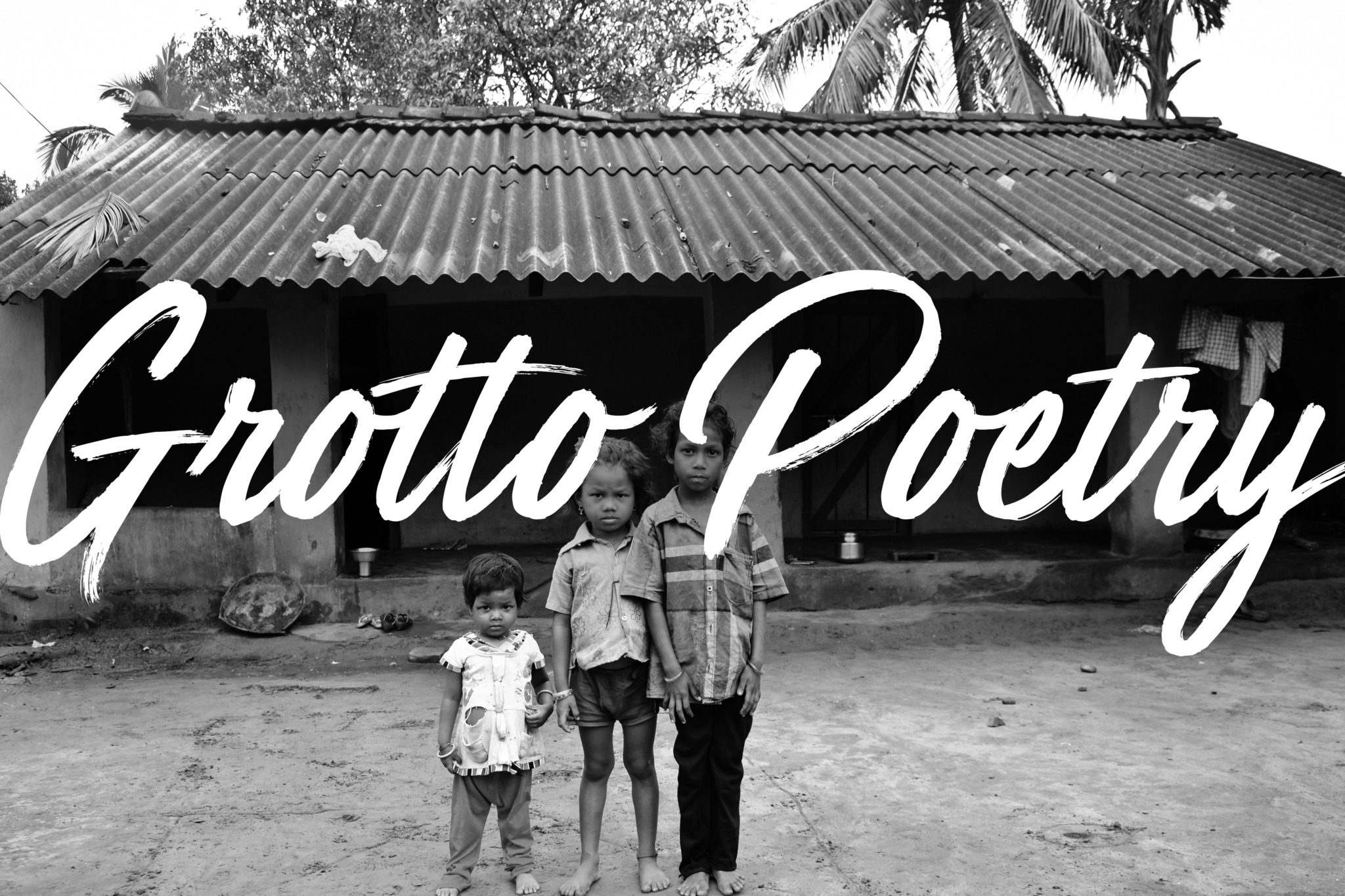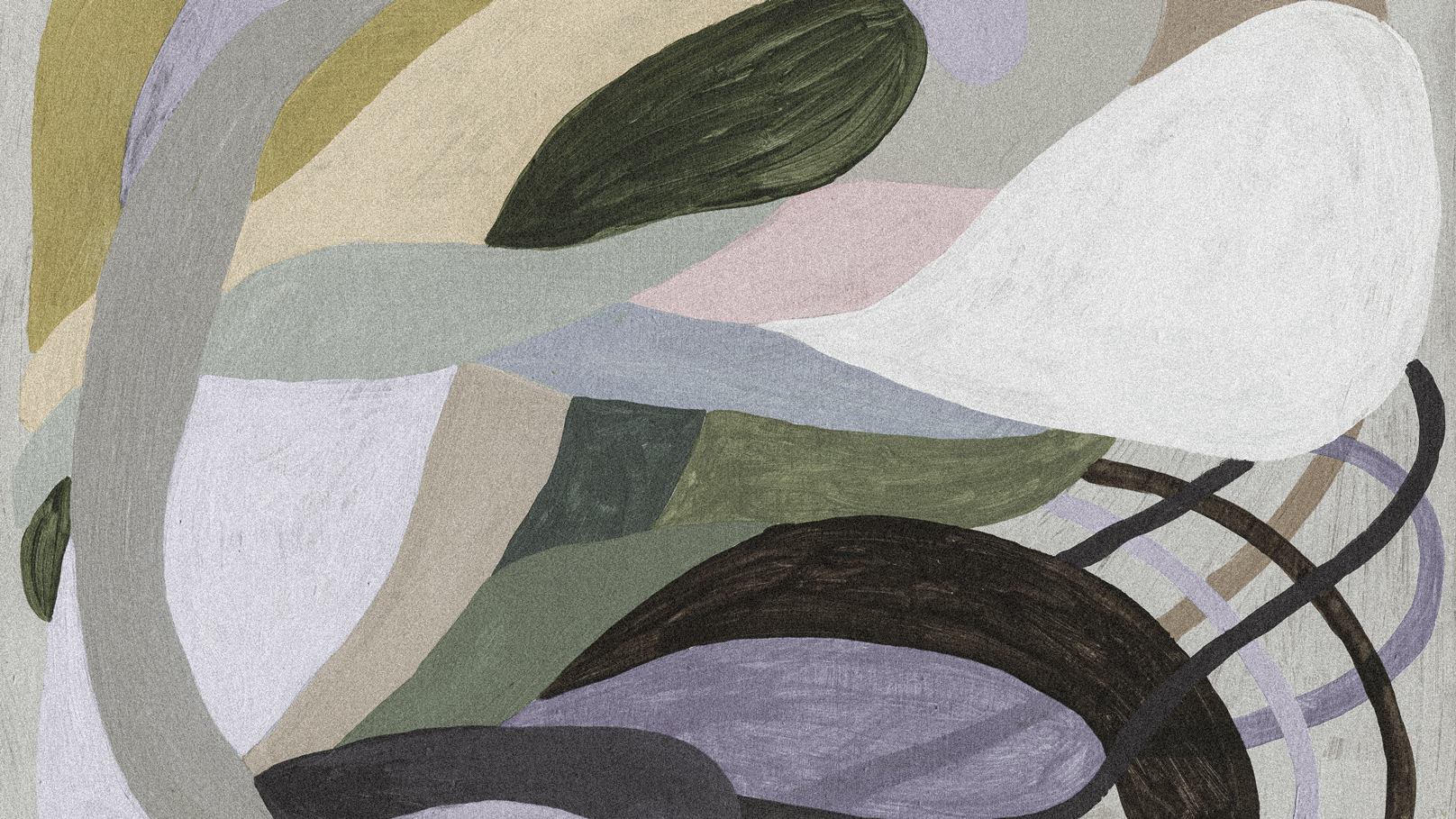
As a child, I had a morbid habit of imagining that one (or both) of my parents had died. I would lie in bed at night sometimes and weep in the darkness as I imagined exactly what life would feel like without them. At the time, I didn’t know why I did it.
I lost my father to cancer four-and-a-half years ago, and now I realize that perhaps when I was younger I was trying to prepare myself for something I knew would inevitably come along and shatter my world one day.
In reality, nothing could have prepared me for the grief that I experienced — and still do — when Dad died. As Joan Didion writes in her book about grief, The Year of Magical Thinking, “Grief turns out to be a place none of us know until we reach it.”
What I’ve learned since my dad died is that grief is an incredibly complicated emotion, full of unexpected twists and turns. In fact, it’s more of a journey or state of being than an emotion. And, perhaps most unexpectedly of all, I’ve discovered that the journey can be strangely beautiful at times, too.
We may not be able to do anything in advance to take away the pain and shock we will feel when we lose a loved one, but there are ways we can prepare our hearts and minds for the experience. Here are four things I think everyone should know about living with loss:
You will never be the same again
My life was broken into a “before” and “after” the day that my dad died. Before, I had never lost anyone I was really close to, so I was blind on some level to what death really meant. The experience made me think of the thestrals in Harry Potter (the strange horses that are invisible to anyone who hasn’t seen a dead person); seeing someone die changes you, and it changes the way that you see the world around you.
One of the most hurtful things you can do to a person who is mourning is to try and rush them through their grief, or expect them to “get over it” and go back to “normal.” When we love someone, we experience an irreversible transformation; similarly, when we lose them, our whole world shifts and nothing is ever the same again.
When I made peace with the fact that I would never stop missing Dad, that I would never stop grieving, I felt strangely free. Putting pressure on yourself to go back to the way you were before your loved one died is not helpful, and it also isn’t realistic — we’re constantly changing and growing throughout our lives, after all. We can’t go backward, only forward.
Grief is such a lonely emotion
One of the worst things about grief is how disconnected and alone it can make you feel. In A Grief Observed, C. S. Lewis talks about this feeling: “There is a sort of invisible blanket between the world and me.” As he explains, you long for company and yet don’t know how to connect with others. “I find it hard to take in what anyone says,” he wrote. “Yet I want the others to be about me. I dread the moments when the house is empty. If only they would talk to one another and not to me.” I felt incredibly socially clumsy, as though I had lost the ability to hold a normal conversation.
I also remember feeling guilty that I was so upset about losing just one person, when I had so many other loved ones left. But, as Didion writes, that’s one of the many paradoxes of grief: “A single person is missing for you, and the whole world is empty.”
If loneliness is part of the nature of grief, though, then the antidote is to surround yourself with the right kind of people. Spending time with loved ones without feeling like you have to talk can be so healing, as can reading and hearing about other people’s experiences of grief and loss. Reading books like Lewis’ A Grief Observed and Didion’s The Year of Magical Thinking reassured me that I wasn’t crazy for feeling the way I did, that grief is a universal human experience.
It teaches us to surrender
Watching my father die made me realize that in many ways, our culture tends to gloss over death, and so it doesn’t feel like a normal part of life. It’s incredibly uncomfortable to come face-to-face with the fact that we will die one day, too, and we don’t have control over when or where or how. Even when Dad was so sick that he couldn’t get out of bed, a part of me believed that he would still get better, because I just couldn’t imagine the alternative.
Having a healthy awareness of death can teach us to surrender control and live wholeheartedly in the present moment. It helps us to stay focused on what really matters in life, to try and live each day as though it’s our last. When you see things through this lens, your priorities suddenly come into clear focus. For me, that has meant making more time to pursue the things I love doing, along with spending as much time with my loved ones and family as possible.
It can shake your faith – and then deepen it
For quite a long time after Dad died, it was as though my faith went underground. I had felt completely alone and abandoned by God during the final weeks of his life, and that experience was so devastating that I couldn’t bear to turn back to God with an open and vulnerable heart in prayer again for a while.
But even during those dark times, the psalm that Christ repeated on the cross echoed in my heart: “My God, my God, why have you forsaken me?” The truth is, there’s no suffering we can go through that Christ Himself hasn’t endured, too. He’s right there alongside us in our pain and grief, and even in our feeling of abandonment. That knowledge felt like a thin thread holding me to my faith at times, but the thread was stronger than I realized, and in the end, it held me fast and pulled me through.
When he first died, I felt as though I had to keep my father alive by remembering every little thing about him, and I was terrified that I would forget something crucial. As the years pass, though, I’ve realized the truth: that love truly is stronger than death. His continuing existence isn’t dependent on my faulty memory — it’s dependent on God’s love. And that, in an ever-changing and uncertain world, is the one thing we can always rely on.


























